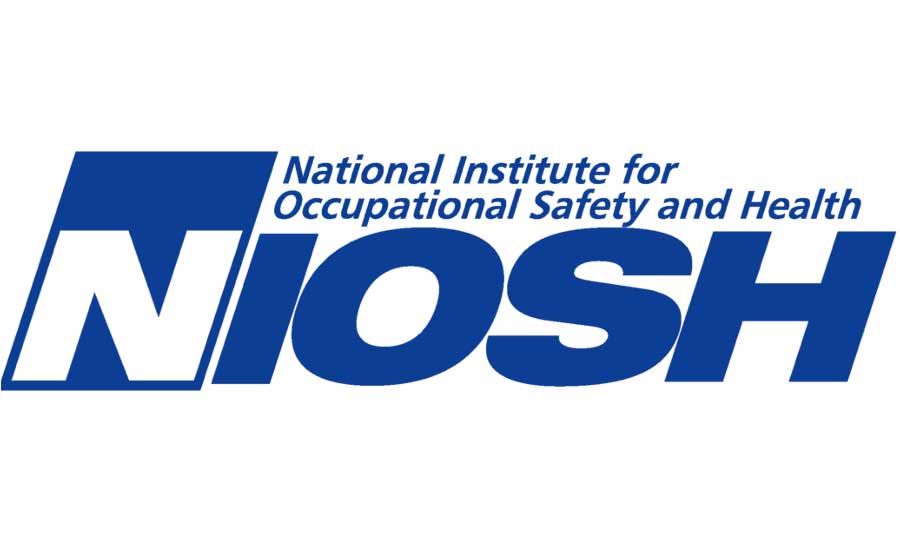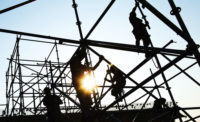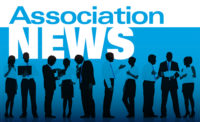Two prominent members of the American Society of Safety Engineers (ASSE) were appointed to the National Institute for Occupational Safety and Health (NIOSH) Board of Scientific Counselors, a federal advisory committee formed to give the NIOSH director advice and guidance.
Michael Behm, PhD, CSP, a professor in the Occupational Safety Program at East Carolina University in Greenville, North Carolina, and Chris Laszcz-Davis, MS, CIH, FAHIA, REPA, founder and president of Lafayette, California-based The Environmental Quality Organizations, LLC, a consulting firm, will begin serving their respective three-year terms beginning in January 2017.
Behm is a member of ASSE’s Business of Safety Committee. Laszcz-Davis is a member of ASSE’s Council on Professional Affairs.
About the committee
According to the NIOSH Board of Scientific Counselors (BSC), the primary activity of the committee is to provide advice on NIOSH’s occupational safety and health research and prevention programs. The BSC also advises on standards of scientific excellence, current needs in the field of occupational safety and health, and the applicability and dissemination of research findings.
“I am very honored to be selected,” Behm said. “My hope is to be a conduit between NIOSH and ASSE on the research side of things. NIOSH can strongly support the research for the betterment of workers.”
The NIOSH BSC is made up of 15 experts in occupational safety and health, such as occupational medicine, occupational nursing, industrial hygiene, occupational safety and health engineering, toxicology, chemistry, safety and health education, ergonomics, epidemiology, biostatistics, and psychology. Among the members, four may be representatives of industry or labor who are knowledgeable in occupational safety and health research.
“I am humbled and excited to get a chance to work with some incredible folks on some interesting challenges,” said Laszcz-Davis. “These are exciting times with complex EH&S challenges in the workplace, on the home front and in local communities. There is so much we need to do and can do.”


